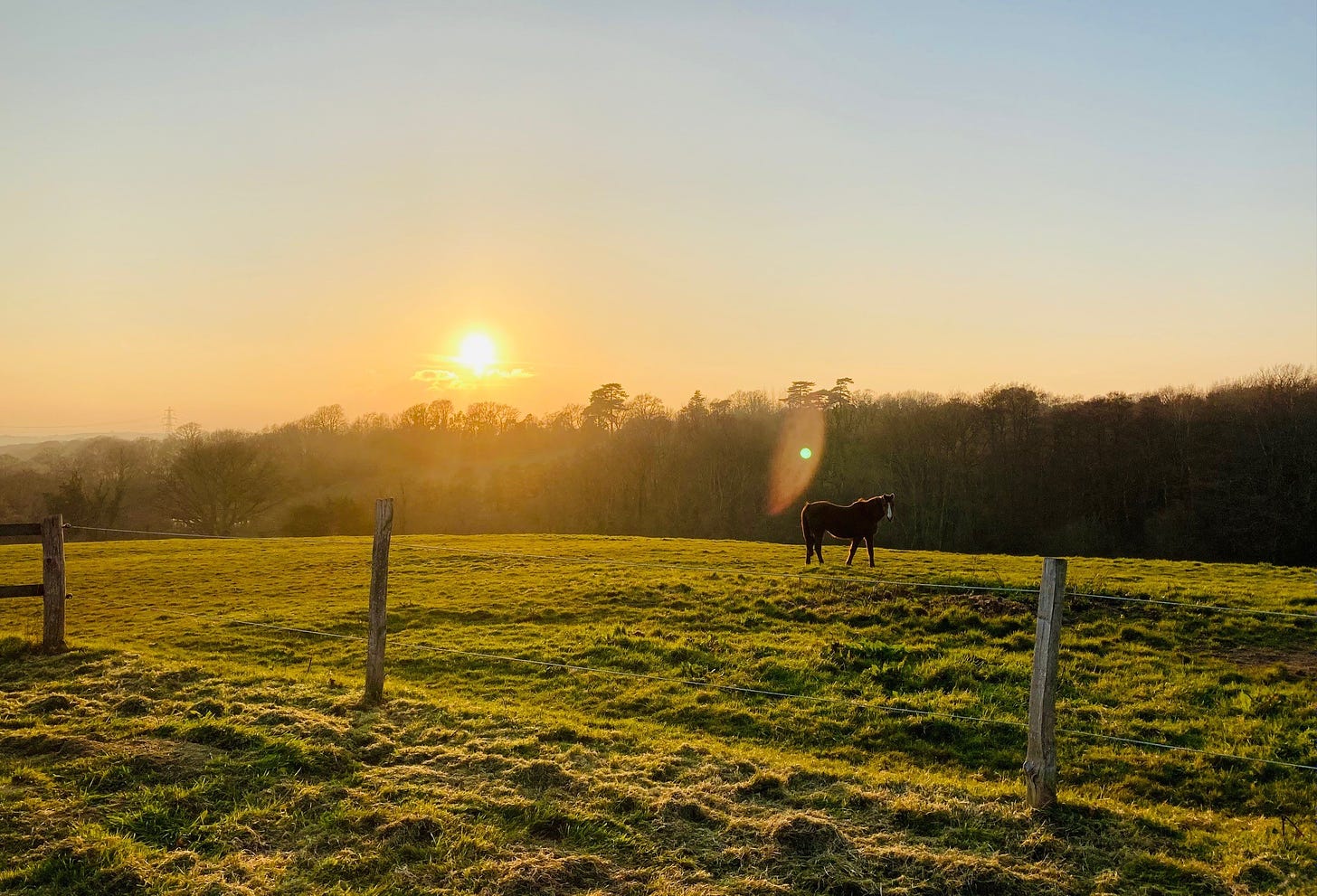This is Scribble, Dribble: your guide to the highs and lows of the indulgent writer’s life.
Hello, welcome! to the new subscribers, it’s great to have you here, because we’re fond of travel, experiences, art and culture, great meals, and of course, great literature.
In my writer’s journey I have certainly gone through my fair share of ups and downs, but all the while sampling the delights of what life has to offer.
This week, you’ll find the story of what it’s like to sign with a literary agent and the rollercoaster of what happens after (in my experience at least). Write on!
It was 2021 — June 3rd — when I signed with my literary agent.
(The circumstances that led to it will be a story for another time, so please do subscribe to hear that one.)
In the world of book publishing, a writer traditionally needs a literary agent to represent them and their work. The agent’s job is to connect with editors and buyers, known as commissioning editors, at publishing houses to interest them significantly enough that they’d offer a book contract, a publishing deal.
It’s not easy to sign with an agent, and you have to consider that from their side. They work for you essentially for free for quite some time. They help you develop your manuscript or book proposal, provide guidance, reading closely and editing. They’ll hit up their contact list, which is developed from years of experience, querying and drumming up as much interest as they can.
They will read the publishing contract for you, and help you make alterations when needed, and generally be a champion for you and your work. All of this they will do for free until — or if — they land a book deal. After which they take a 15 percent cut of the advance, which is the money the publisher pays out for you to finish the book.
This is not to diminish the work the writer does of course. Because I have done, to use the technical term, a shit ton of work. But that’s to be expected. A writer writes. And nearly three years on from signing with my agent we still have yet to go out on submission, which is when your work-in-progress is deemed saleable enough as a package to be shopped around to commissioning editors.
Even after signing an agent there are no guarantees. While your potential to get a publishing contract rises exponentially, book deals remain relatively scarce, just like there is limited shelf space in a bookshop. Failure haunts a writer just as much as success can.
False starts and impatience
The book I am working on is narrative nonfiction.
I spent the winter and spring of 2021 writing three chapters, which amounted to around 10,000 words. I remember that during this period I was going running a lot and playing a lot of Gran Turismo Sport on my PlayStation 4. England was under lockdown due to the covid-19 pandemic so there wasn’t that much to do. Fortunately, where we’re located is rather rural so there was countryside to roam and for the mind to relax in while I clocked up muddy miles.
After I had snagged interest from my literary representative, I was advised by her to write more since my book is more novelistic than most nonfiction.
I then proceeded to write three more chapters, bringing the total up to 26,000 words. I then stopped and edited these additional pages: trimming, tightening and refining. (For reference, an average book is roughly 80,000 words.)
I even went on a writer’s retreat in Greece to put me in the right frame of mind. Oh, we are now in spring 2022, with foreign travel back on the menu after many overseas borders unlocked.
I recommend going on such a retreat. The new surroundings tilts you toward the right mental space to focus and can gear you up for the hard cognitive effort required to do the work and get to the finish line. I’d also received funding from Arts Council England after I applied for a Developing Your Creative Practice grant.
In April 2022 I sent around 21,000 words to my agent. And I waited for her feedback. We arranged a phone call to discuss, after she had read my pages, and in Alexandra Park in Hastings, on a sunny afternoon, I took her call.
The feedback I received was not to my liking. I resisted. I generated friction. She thought what I had written read more like a travelogue. She wanted something more intimate, something deeper. In her wisdom and patience she counselled that I take the weekend, to have a think about it.
It was only natural, I suppose, that I received her feedback badly. It would mean basically scrapping what I had written. It would mean the months I’d spent writing those twenty thousand words would’ve been for nought and I’d have to start from scratch.
But I listened to her counsel. I took myself to a bookshop, and found the shelves that stacked books similar to the one I was writing. Over a long afternoon I picked out the select titles and read through passages, and I realised she was right. People like to read the direction she was suggesting I take the book. I knew this because I felt myself resonating and being interested in the parts that were more personal.
But I also knew how much this was going to take from me. To write from that more intimate and deeper place — it demands a lot. But very slowly I set about doing this. In the beginning it felt like wading through mud. This was a difficult time and there was a lot of background thinking and I didn’t do much writing. I had to take time to process. Amongst all this, I was working a fulltime job, as a news editor for a video games publication, which I’d started in October 2021.
In October 2022, some five months after that phone call in Alexandra Park, I sent my agent an entirely new chapter one, to get an idea if the new tone and new direction I’d composed was to her liking. I’d taken several months to put together around 2,500 words, for this new chapter one. But her feedback was very encouraging. She liked it!
Keep reading with a 7-day free trial
Subscribe to Scribble, Dribble to keep reading this post and get 7 days of free access to the full post archives.





